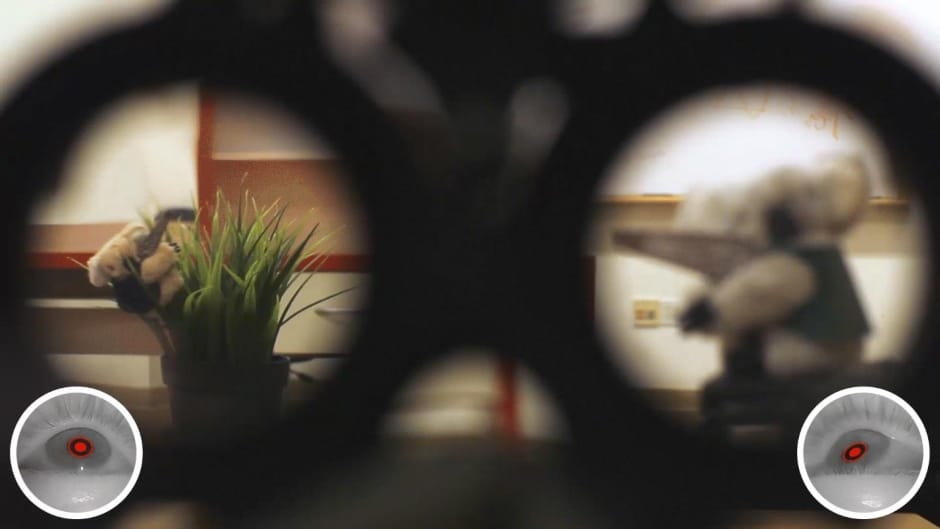
Usually experienced by people in their 40s, presbyopia causes they eye to lose the elasticity needed to focus on nearby objects. Reading glasses can rectify the problem for some, but others may need to use progressive lenses that can distort the wearer’s peripheral vision and increase the risk of falling.
"More than a billion people have presbyopia and we've created a pair of autofocal lenses that might one day correct their vision far more effectively than traditional glasses," said Stanford electrical engineer Gordon Wetzstein. For now, the prototype – described in Science Advances.- looks like virtual reality goggles, but the team hopes to streamline later versions.
In a statement, Stanford said the prototype works in a similar way to the lens of the eye, with fluid-filled lenses that bulge and thin as the field of vision changes. It also includes eye-tracking sensors that triangulate where a person is looking and determine the precise distance to the object of interest. The team did not invent these lenses or eye-trackers, but they did develop the software that harnesses this eye-tracking data to keep the fluid-filled lenses in constant and perfect focus.
To validate its approach, the Stanford team tested the prototype on 56 people with presbyopia. Test subjects said the autofocus lenses performed better and faster at reading and other tasks. Wearers also tended to prefer the autofocal glasses to the experience of progressive lenses.
Wetzstein's lab is active in vision systems for virtual and augmented reality and it was during this work that the researchers became aware of the new autofocus lenses and eye-trackers, which they combined into a potentially transformative product.
According to Stanford, the next step will be to develop autofocal glasses that are lightweight, energy efficient and stylish.
"This technology could affect billions of people's lives in a meaningful way that most techno-gadgets never will," Wetzstein said.




Swiss geoengineering start-up targets methane removal
No mention whatsoever about the effect of increased methane levels/iron chloride in the ocean on the pH and chemical properties of the ocean - are we...